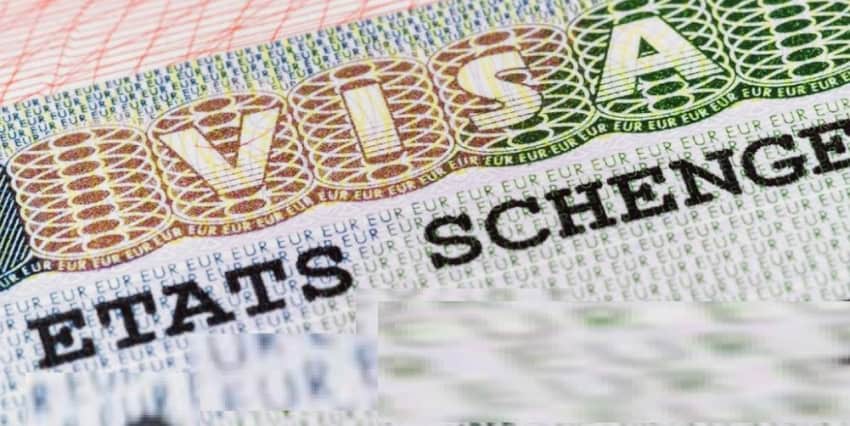BRUSSELS – The European Commission has proposed the digitalisation of the Schengen visa process, replacing the visa sticker, and introducing the possibility to submit visa applications online through the European online visa platform.
The online process, which war proposed in late April this year, will make it easier for no-EU nationals to apply for a visa and pay fee through a single platform.
The New Pact on Migration and Asylum set the objective to fully digitalise visa procedures by 2025. It is an opportunity to effectively improve the visa application process by reducing the costs and the burden on Member States as well as the applicants, while also improving the security of the Schengen area, the commission said in a press release
Vice-President for Promoting our European Way of Life, Margaritis Schinas, said: “Today we are bringing the EU’s visa policy into the digital age. With some Member States already switching to digital, it is vital the Schengen area now moves forward as one. We are proposing a fully digitalised visa application to help both travellers and Member States ensure smother and more secure application process.”
Commissioner for Home Affairs, Ylva Johansson said: “A modern visa process is crucial to make travel to the EU easier for tourism and business. Half of those coming to the EU with a Schengen visa consider the visa application burdensome, one-third have to travel long distance to ask for a visa. It is high time that the EU provides a quick, safe and web-based EU visa application platform for the citizens of the 102 third countries that require short term visa to travel to the EU.”
The commission said that length and heavily paper-based process also proved problematic during the COVID-19 pandemic where applicants were no longer able to freely go to consulates to apply for visas, hoping that online system will make the process easier.
Harmonising and unifying visa application procedures within the Schengen area will help to avoid so called ‘visa shopping’ by applicants who may be tempted to lodge an application with a Schengen country that offers faster visa application processing than with a country that is actually their destination.
The digitalisation of the visa process will also reduce security risks posed by the physical visa stickers, which could still be prone to falsification, fraud and theft. Today’s proposal is also in line with the general EU approach to encourage the modernisation and digitisation of public services.
The Commission proposal will now be discussed by the European Parliament and the Council. Member States will have then five years to switch to the common online visa platform. Based on the outcome of the negotiations between the co-legislators, the development of the platform could start in 2024 and become operational in 2026. Considering the five year transition period, all Member States could use the platform in 2031.
Germany remains favorite Schengen country for Pakistani citizens, stats confirm














